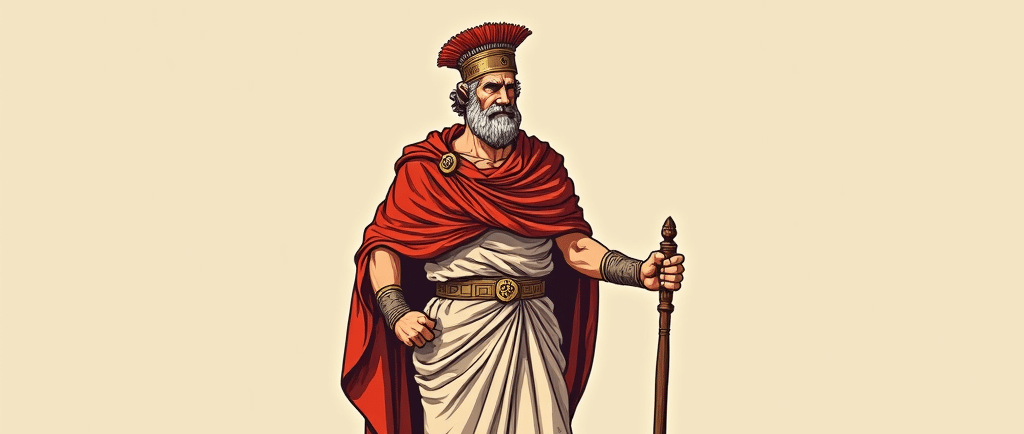Cato the Younger: The Stoic Philosopher and Roman Statesman
Cato the Younger, also known as Marcus Porcius Cato Uticensis, was a prominent Roman statesman, orator, and philosopher who lived from 95 BC to 46 BC. He is renowned for his unwavering commitment to Stoic principles, his strong moral character, and his fierce opposition to corruption and tyranny in the Roman Republic.
STOICISM
11/8/20242 min read


Early Life and Education
Born into a distinguished Roman family, Cato the Younger received a rigorous education in philosophy, rhetoric, and law. He was greatly influenced by the teachings of Stoicism, which emphasized the importance of virtue, self-discipline, and service to the greater good. From a young age, Cato demonstrated a strong commitment to these principles, leading a life of frugality, integrity, and public service.
Political Career and Opposition to Corruption
Cato entered Roman politics as a quaestor and later served as a tribune of the plebs. Throughout his political career, he consistently opposed corruption, bribery, and the abuse of power by Roman officials. He was a vocal critic of Julius Caesar and Pompey the Great, whom he saw as threats to the traditional values and institutions of the Roman Republic.
Commitment to Stoic Principles
Cato the Younger was deeply committed to Stoic philosophy and strived to embody its principles in his daily life. He was known for his self-discipline, frugality, and integrity, often leading by example and inspiring others to live virtuously. Cato believed that the purpose of life was to live in accordance with reason and virtue, and he consistently put the needs of the Roman Republic above his own personal interests.
Legacy and Influence
Cato the Younger's unwavering commitment to Stoic principles and his fierce opposition to corruption and tyranny made him a symbol of Roman virtue and a role model for future generations. His life and teachings have inspired countless individuals throughout history, including philosophers, statesmen, and ordinary citizens striving to live a life of purpose and integrity.
Although Cato ultimately took his own life in 46 BC after the defeat of his forces by Julius Caesar in the civil war, his legacy continues to inspire and influence people to this day. His example serves as a powerful reminder of the importance of living in accordance with one's values, standing up for what is right, and serving the greater good, even in the face of adversity.
Conclusion
Cato the Younger's life and teachings offer valuable lessons for anyone seeking to live a life of purpose, integrity, and service. By embracing Stoic principles, cultivating a strong moral character, and consistently putting the needs of others above one's own, we can follow in Cato's footsteps and make a positive difference in the world. His legacy serves as an enduring testament to the power of philosophical principles, moral courage, and a life dedicated to the greater good.
Waste no more time arguing about what a good man should be. Be one - Marcus Aurelius
We suffer more often in imagination than in reality - Seneca
Wealth consists not in having great possessions, but in having few wants - Epictetus
